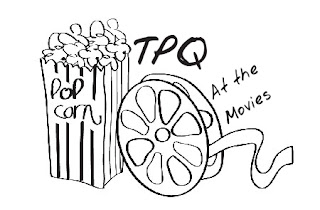Q 🎥 Written by Ari David Blaff. Recommended by Christopher Owens.
Alek Minassian was an awkward kid in my high school. He’d meow at students in the cafeteria and could never look a woman in the eye. “I’m afraid of girls,” he often declared unprompted in a high-pitched childish voice. Most students thought it was a weird verbal tick.
He was odder than the typical teenager at Thornlea Secondary School, a brutalist sixties creation whose forbidding architecture—rumour had it—had been designed to reduce distractions by cutting pupils off from fresh air, sunlight and other stimuli of the outside world. Windows were a luxury reserved for classes in a newly-built wing from whence you could glimpse the onyx-grey skies over Toronto.
Minassian ran away from girls down our dimly lit corridors. I thought he had a learning or developmental disability, but he seemed harmless. My friends and I never felt physically threatened by him. After we graduated, we filed his name into some remote part of our psychological archives.
But one sunny April day in 2018, he resurfaced.
Adolescence is a moving work of art but a misleading representation of the challenges facing British boys.
Alek Minassian was an awkward kid in my high school. He’d meow at students in the cafeteria and could never look a woman in the eye. “I’m afraid of girls,” he often declared unprompted in a high-pitched childish voice. Most students thought it was a weird verbal tick.
He was odder than the typical teenager at Thornlea Secondary School, a brutalist sixties creation whose forbidding architecture—rumour had it—had been designed to reduce distractions by cutting pupils off from fresh air, sunlight and other stimuli of the outside world. Windows were a luxury reserved for classes in a newly-built wing from whence you could glimpse the onyx-grey skies over Toronto.
Minassian ran away from girls down our dimly lit corridors. I thought he had a learning or developmental disability, but he seemed harmless. My friends and I never felt physically threatened by him. After we graduated, we filed his name into some remote part of our psychological archives.
But one sunny April day in 2018, he resurfaced.
Continue @ Q.

















.png)

